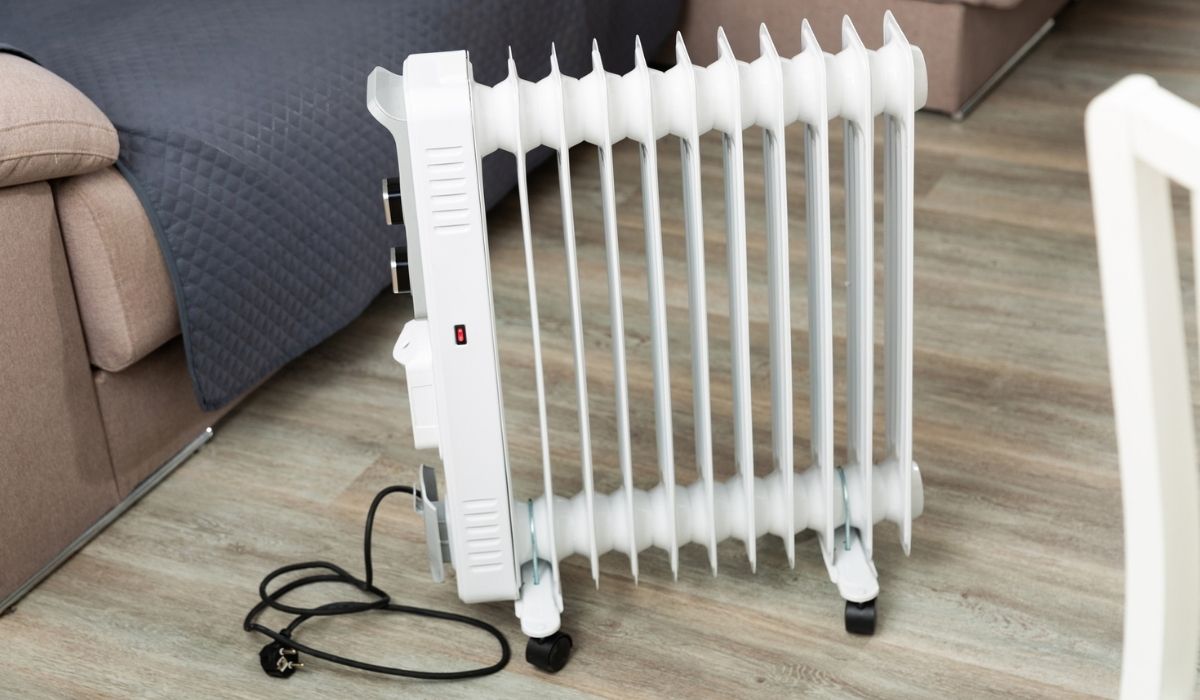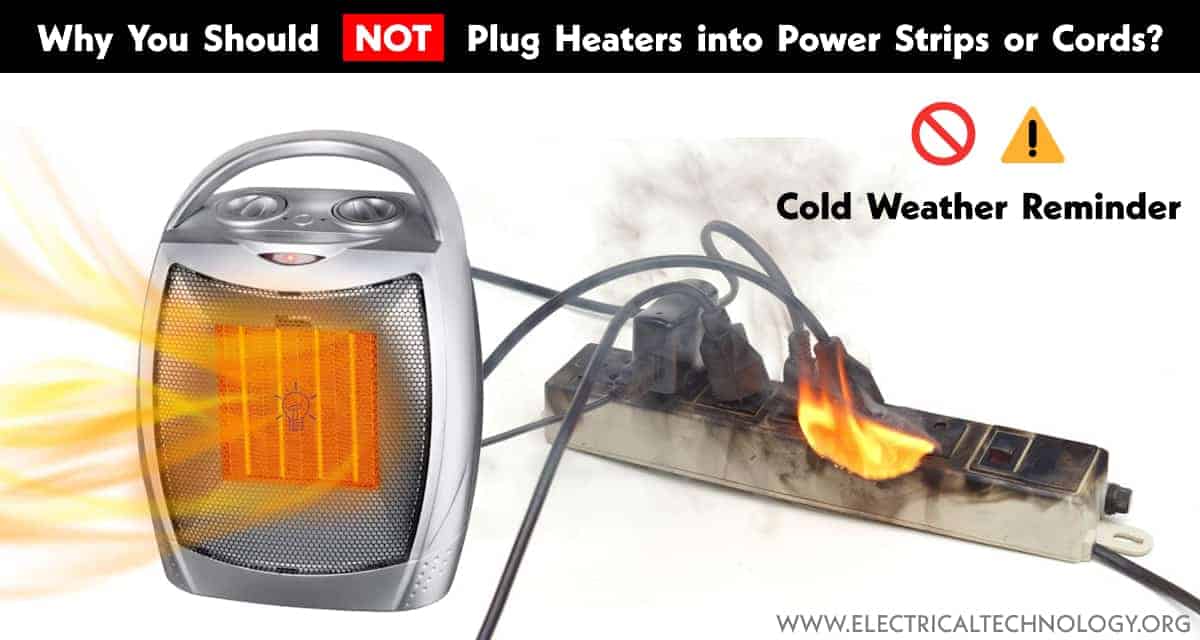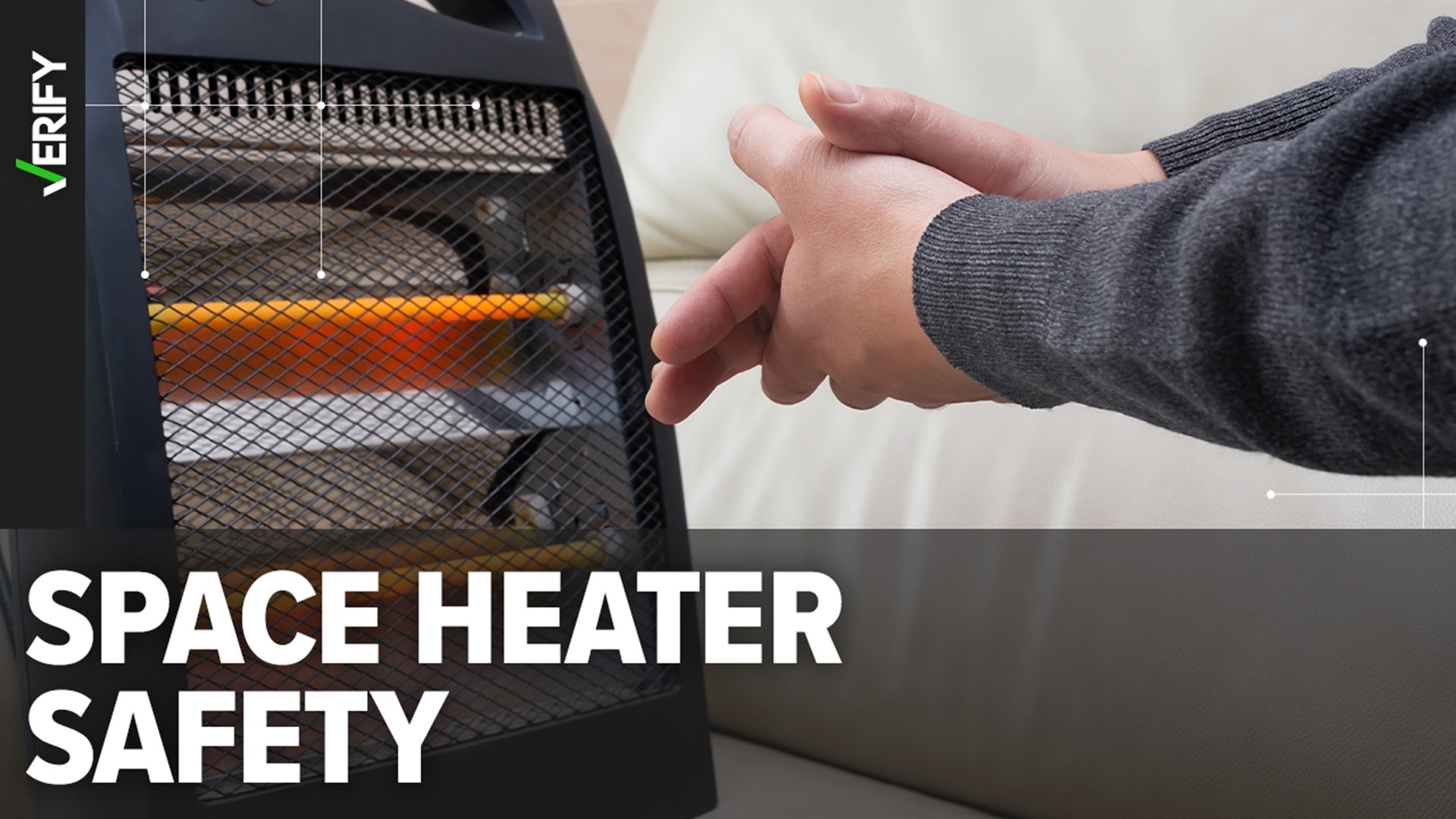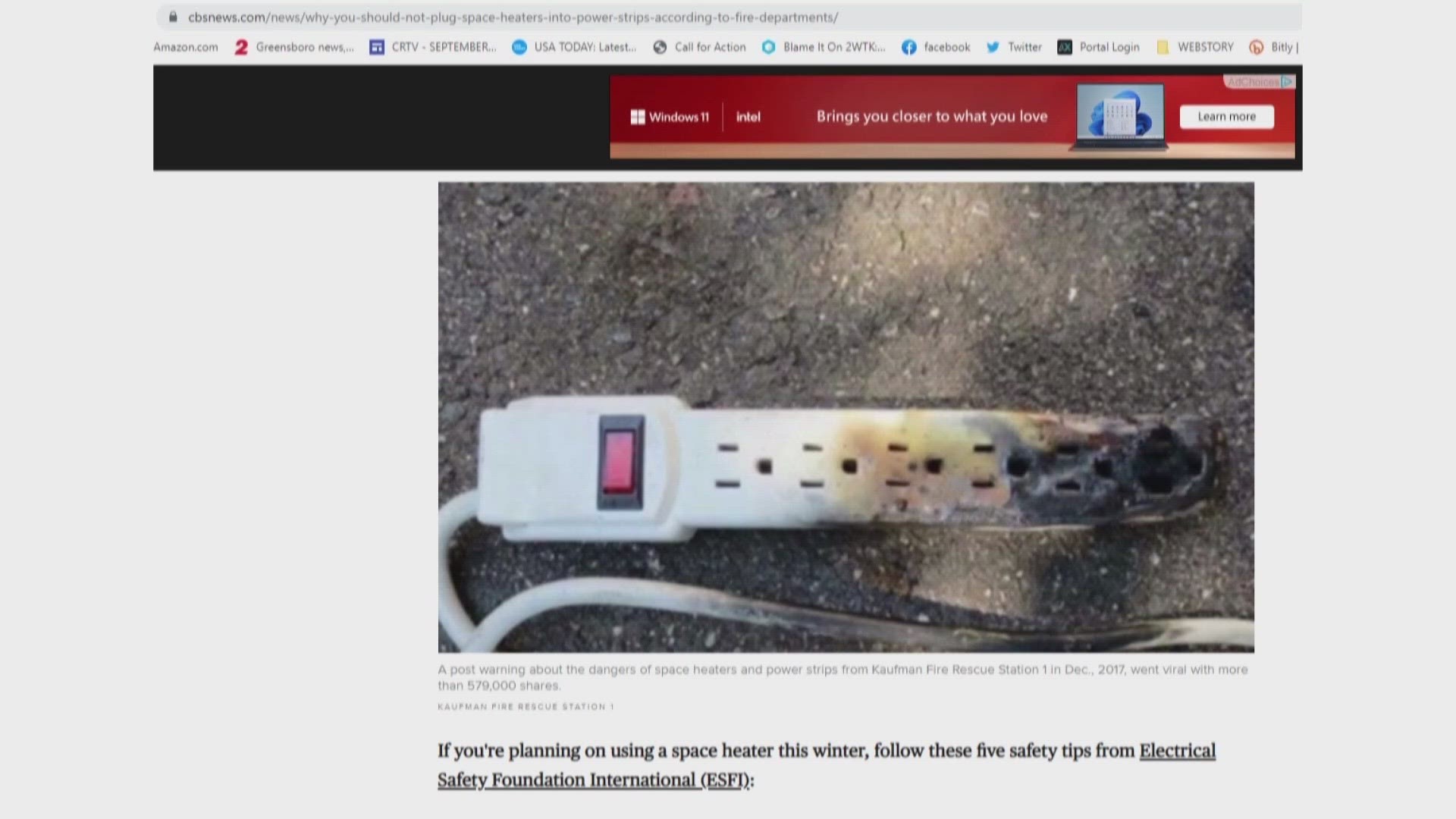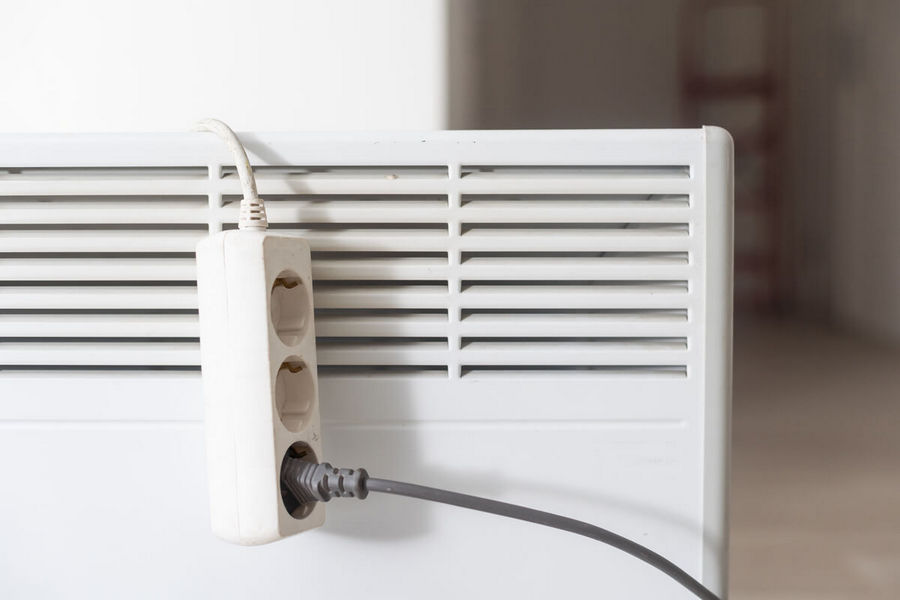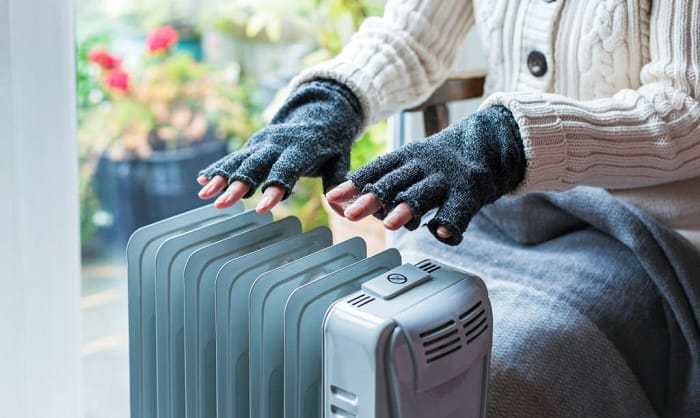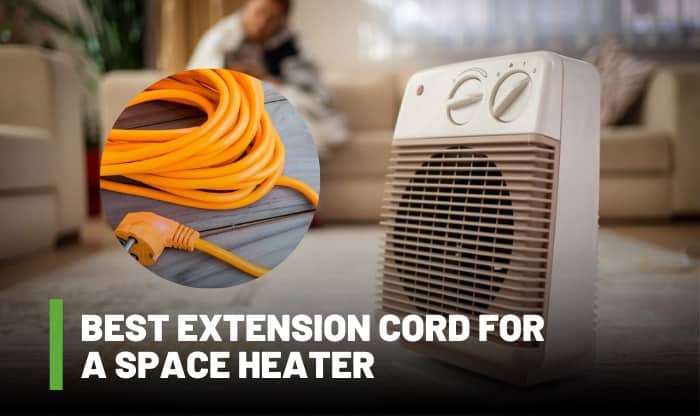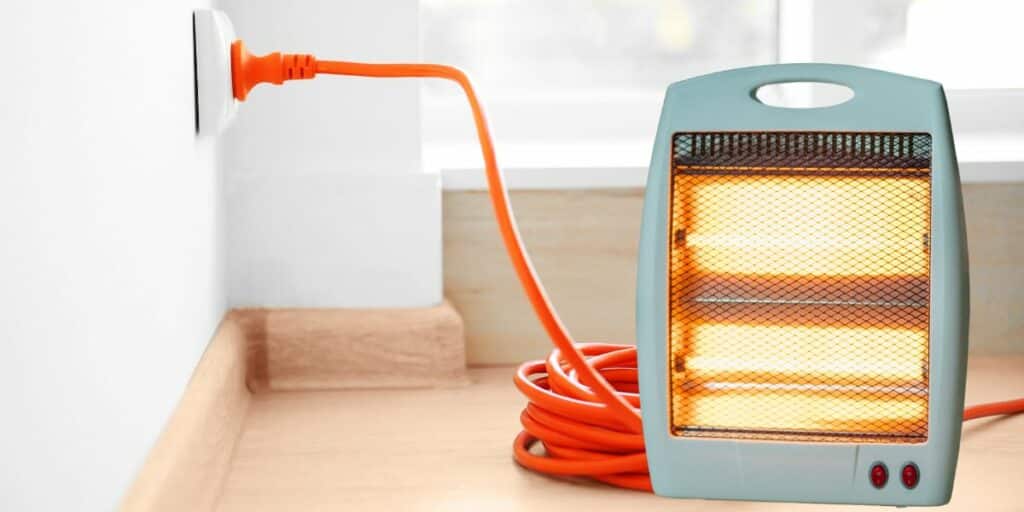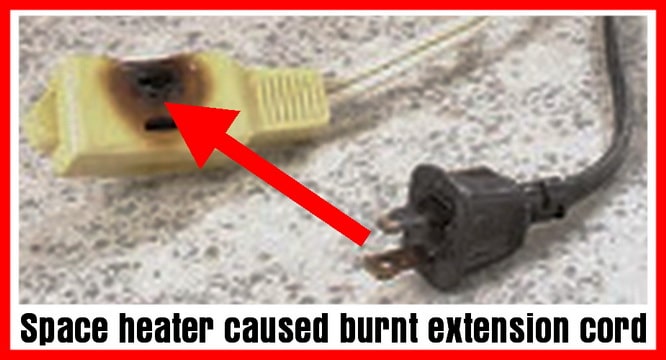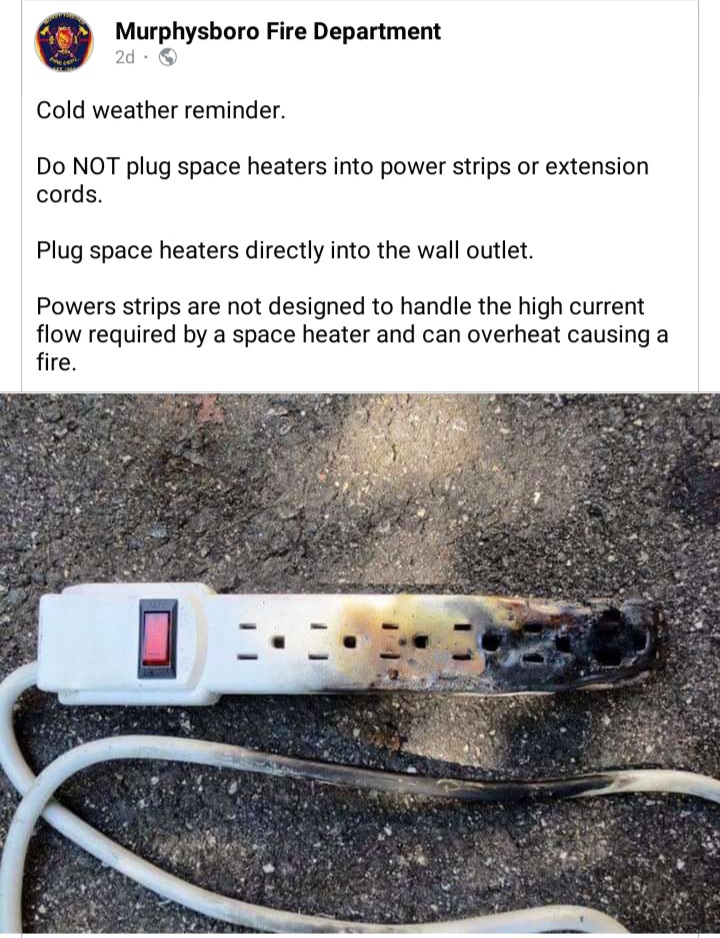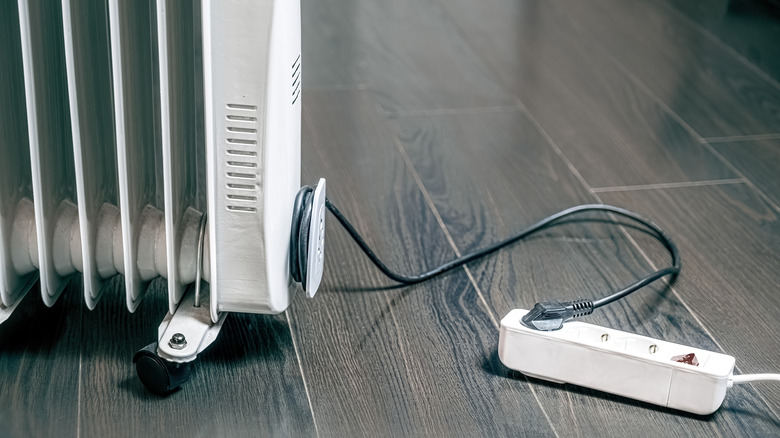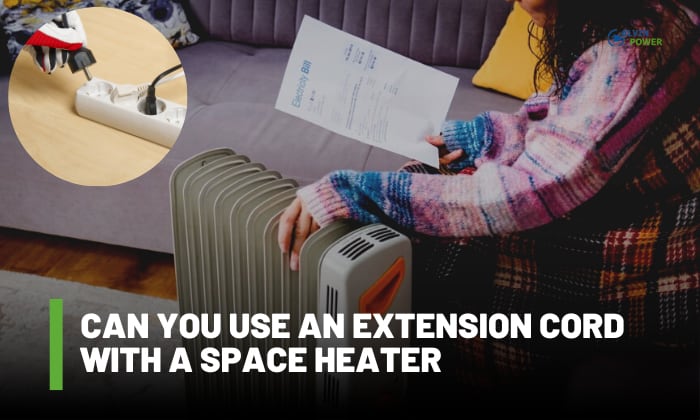Plugging A Space Heater Into An Extension Cord
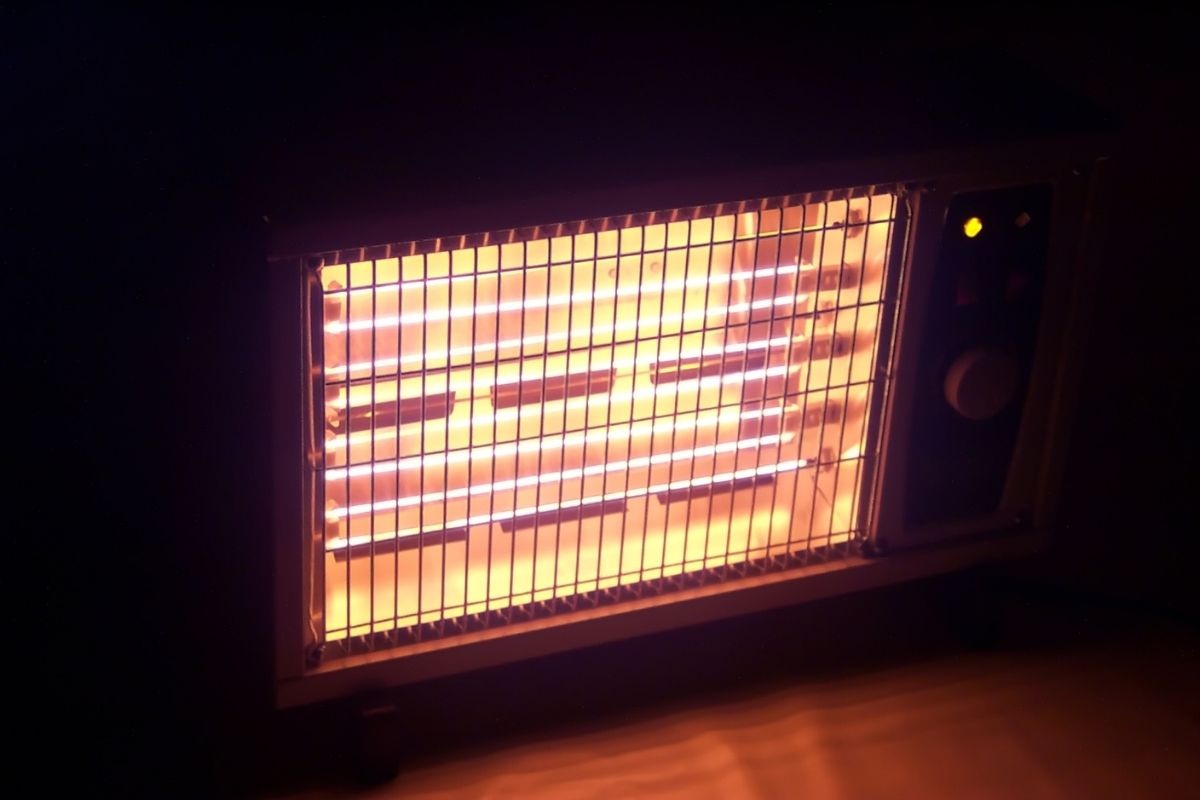
The biting wind howled outside, rattling the window panes as Sarah huddled deeper into her favorite armchair, a steaming mug warming her hands. Her old Victorian house, charming as it was, had its quirks, and central heating struggled to reach the drafty corners. A small space heater, affectionately nicknamed "Sparky," sat beside her, ready to chase away the lingering chill. But then, a thought flickered – the outlet was just out of reach. An extension cord lay coiled nearby, promising a simple solution.
The seemingly innocuous decision to plug a space heater into an extension cord is a common practice, yet it carries potential dangers that many homeowners underestimate. Understanding the risks and adopting safe heating practices can significantly reduce the risk of fire and electrical hazards, ensuring a cozy and safe winter season.
The Allure of Convenience: Why Extension Cords Are Tempting
Space heaters offer a quick and localized solution to combat cold spots. They are particularly appealing in older homes with uneven heating, or for individuals who prefer to keep their thermostat lower. The problem arises when the nearest outlet is inconveniently located, making extension cords seem like the obvious answer.
Extension cords are ubiquitous and seemingly harmless, found in almost every home. Their availability and ease of use contribute to the perception that they can handle any electrical load. However, this perception can be dangerously misleading, especially when dealing with high-wattage appliances like space heaters.
The Dangers Lurking Beneath: Electrical Overload and Fire Hazards
Space heaters are energy-intensive devices, typically drawing 1500 watts. This high wattage places a significant demand on electrical circuits. According to the Electrical Safety Foundation International (ESFI), overloading extension cords and circuits is a leading cause of residential fires.
When a space heater draws more current than an extension cord is designed to handle, the cord can overheat. This overheating can melt the insulation, creating a short circuit or even igniting nearby flammable materials. The risk is amplified if the extension cord is damaged, worn, or improperly rated for the appliance.
Moreover, connecting multiple devices to the same extension cord further increases the risk of overload. This "daisy-chaining" of power strips and extension cords is a recipe for disaster, putting undue strain on the electrical system and dramatically raising the potential for fire.
Understanding Wattage, Amperage, and Cord Ratings
To grasp the dangers, it’s essential to understand the basics of electrical load. Wattage measures the rate at which an appliance uses energy, while amperage measures the electrical current flowing through a circuit. Extension cords are rated for a maximum amperage, clearly marked on the cord itself.
Using an extension cord with a lower amperage rating than the space heater requires can lead to overheating and fire. It is crucial to match the extension cord's amperage rating to the appliance's power demands. A heavy-duty extension cord designed for appliances is generally recommended for space heaters.
Even with a properly rated extension cord, it’s important to check for the UL (Underwriters Laboratories) listing. This certification indicates that the cord has been tested and meets safety standards. Cheap, uncertified extension cords may not adhere to these standards and pose a greater risk.
Safe Heating Practices: Beyond Extension Cords
The safest way to use a space heater is to plug it directly into a wall outlet. This eliminates the potential hazards associated with extension cords. Ideally, the outlet should be dedicated to the space heater, preventing other appliances from drawing power from the same circuit.
If an extension cord is absolutely necessary, choose a heavy-duty cord that is specifically designed for appliance use. Ensure that the cord is the shortest possible length to minimize resistance and potential voltage drop. Avoid running the cord under rugs or furniture, where it can be damaged or overheat unnoticed.
Regularly inspect both the space heater and the extension cord for any signs of damage, such as frayed wires, cracked insulation, or loose connections. If any damage is detected, discontinue use immediately and replace the damaged component. Never attempt to repair electrical cords yourself; always consult a qualified electrician.
Official Recommendations and Expert Advice
Organizations like the National Fire Protection Association (NFPA) strongly advise against using extension cords with space heaters. They emphasize the importance of following manufacturer's instructions and practicing general electrical safety.
"Heating equipment is a leading cause of home fires during the winter months," states the NFPA. "Following simple safety tips can help prevent these fires and keep your family safe."
Electricians often recommend upgrading older wiring to accommodate the increased power demands of modern appliances. Older homes may have insufficient wiring or outdated circuit breakers that cannot handle the load of a space heater. Upgrading to a more robust electrical system can significantly reduce the risk of overload and fire.
Beyond the Immediate Risk: Long-Term Electrical Safety
The consequences of neglecting electrical safety can extend beyond immediate fire hazards. Overloading circuits can damage wiring over time, leading to decreased efficiency and increased risk of future electrical problems. A damaged electrical system can also decrease property value.
Investing in a whole-house surge protector can safeguard sensitive electronics from power surges caused by faulty wiring or lightning strikes. Surge protectors offer a layer of protection for valuable appliances and can prevent costly repairs or replacements.
Regularly scheduling electrical inspections by a qualified electrician is also crucial. An electrician can identify potential problems, such as loose connections or outdated wiring, before they escalate into serious hazards. Early detection and preventative maintenance can save homeowners significant time and money in the long run.
Conclusion: A Small Change, A Big Difference
While the convenience of an extension cord might seem appealing, the risks associated with using it for a space heater far outweigh the benefits. By understanding the electrical demands of space heaters and adopting safe heating practices, homeowners can create a warm and safe environment for themselves and their families.
Remember Sarah, the woman nestled in her armchair? Hopefully, this information will encourage her, and others like her, to reconsider the use of that extension cord. Making the small effort to rearrange furniture or upgrade wiring can make a world of difference in safeguarding your home and loved ones.
Ultimately, prioritizing safety ensures that winter's chill is met with warmth and comfort, rather than the worry and potential devastation of an electrical fire.
